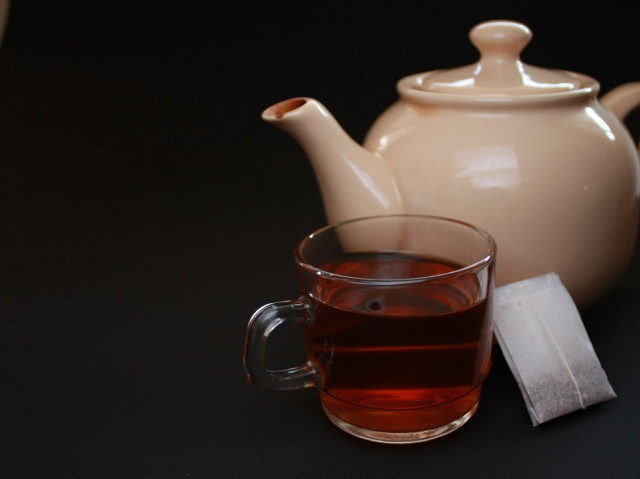Stalled mid-way: FATA Secretariat abandons tea plantation project in Bajaur
Farmers complain of no support from authorities to set up tea gardens.

Over 0.1 million acres of land in Swat has been deemed suitable for tea plantation. PHOTO: FILE
The tea plantation project of the Federally Administered Tribal Areas (Fata) Secretariat in Bajaur Agency has been abandoned by the government.
A senior official at the agriculture department of Fata Secretariat said the project was initiated on a test basis in Bajaur Agency by setting up a number of gardens, but it was stalled after a feasibility survey was conducted.
“Processing plants were set up in Mansehra for any farmers who had gardens and basic training was provided to them, but the project did not prove to be profitable,” said the official, adding that now there are alternative projects being set up which are expected to be more profitable.

He added these projects have been included in the annual development programme.
In 2001, the first ever tea plantation started. By 2005, under the agriculture wing of Fata Secretariat, saplings were planted in Salarzai area of Bajaur Agency. Through this, 1,000 kilogrammes of tea was being produced daily.
Sherbahdar Khan, a farmer from Bajaur Agency, said he planted nearly 2,000 saplings in his garden in Kodak area of the agency. The garden started producing tea three years later but during that time the government did not provide any help such as tools or training about tea production, despite several promises to do so.
Another farmer from the area, Wazir Khan also started tea production but the area’s authorities showed little interest in the project. Khan said his production was nothing substantial and only in limited quantities.
The government has been taking steps to plant tea in Hazara division since 1986. Pakistan Agriculture Research council was also established in Mansehra, under which saplings were planted on some 30 acres of land.
Over 0.1 million acres of land in Swat has been deemed suitable for tea plantation.
An international dealer of tea, Muhammad Sadeeq, said Pakistan imports tea from 21 countries including Kenya, Indonesia, Sri Lanka and Bangladesh, out of which 65% of it are legal imports while the rest is brought in through illegal means.
He added that according to a survey conducted in 2002, Kurram and Bajaur agencies were declared fit for tea plantation. “Nearly 1,500 to 2,500 millimeters of rain is required annually for ideal growth,” he said.
Published in The Express Tribune, June 20th, 2013.













COMMENTS
Comments are moderated and generally will be posted if they are on-topic and not abusive.
For more information, please see our Comments FAQ